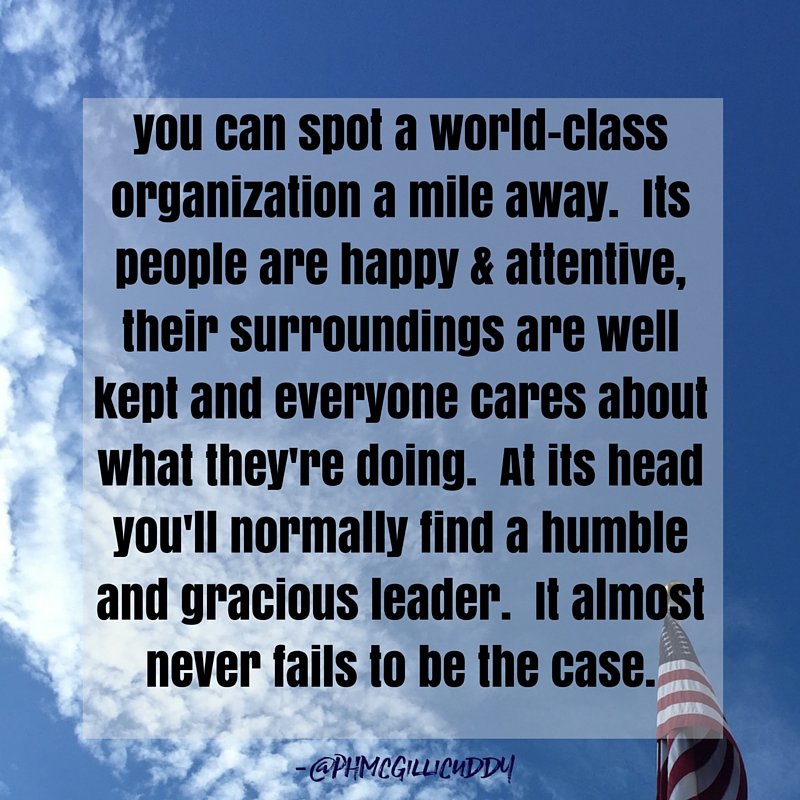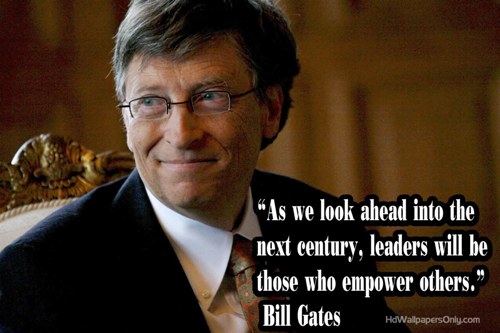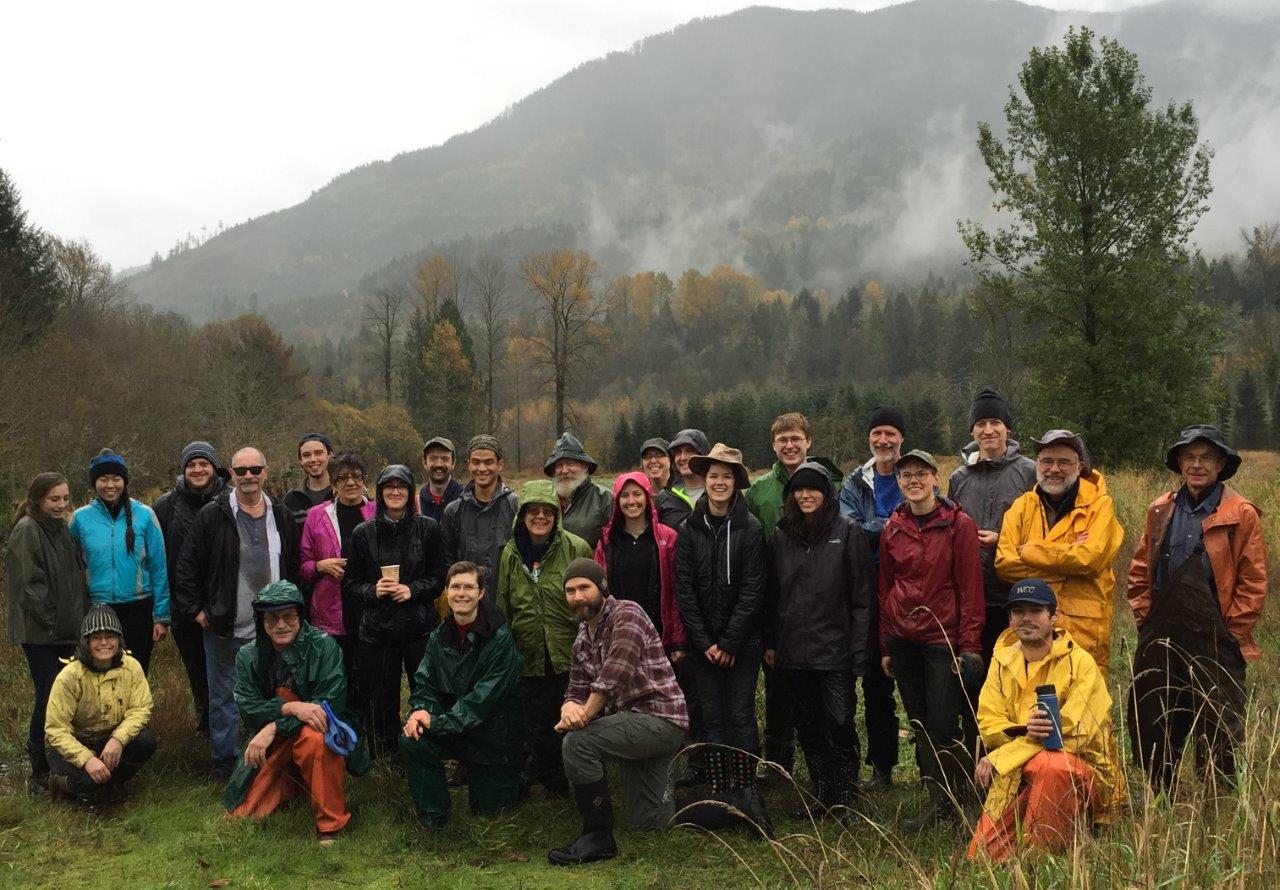
Photo Credit: Amazon.com
[Adapted from the Archives]
For several years, we had the great privilege of living and working in Cairo, Egypt. My husband directed a Middle Eastern Studies program. I helped him oversee the comings and goings of bright, energetic 20-somethings. When the work, heat, or press of city life became too much, we would escape to the Sinai and the Red Sea. Usually the resort town of Ras Sudr was our quick and quiet get-away, where we could take a weekend just to clear our heads with blue skies and salty sea air.
This time, we went for a week to Dahab, on the far side of the Sinai.  Photo Credit: Egypttailormade.net
Photo Credit: Egypttailormade.net
Dave was finishing his time in this director role and would take a short sabbatical in the US. We would then return to Egypt, this time for a regional consulting job, guiding the expansion of these study centers.
We were tired, and a consulting job was a dream, with the prospect of just giving a hand to other directors – not nearly the intensity of being responsible for so many young people.
Driving the long road to Dahab, through the calming desert of the Sinai, kids in the backseat, Dave got a phone call.
Whoever it was on the other end, (Dave hadn’t called him by name), the conversation, from my side, was warm and affectionate at first, and then serious. As they talked, visible goose bumps rose on Dave’s arms. Goose bumps on a hot deserty day in Egypt?! I knew no one had died from his side of the conversation, but something huge was clearly being introduced by the caller.
When the call ended, I got the details. Dave spoke quietly so the kids wouldn’t be distracted by a call that could change the course (and geography) of our lives. The person on the other end of the conversation was his dearest mentor – a man for whom he had the deepest respect, even love. On the phone call, he had asked Dave to consider not taking the job of consultant but to take a job with him where he would have even more leadership responsibility. Supervising many more than a couple of dozen 20-somethings in one city. This job would require him to provide leadership to about 100 people spread over 6 different countries AND we would have to move from our beloved Cairo.
Thus, the goose bumps.
Dave did walk away from the “easier” job of consultant to take on the much larger, scarier job his mentor asked of him. We did eventually break the news to our children that we would be moving away from Cairo to a whole new country of possibilities and friendships. It was a stretching move for us (more so than our original move to Cairo), and it was a job and situation we would never have aspired to…were it not for this mentor…this multiplier of leaders.
Liz Wiseman has written the most incredible book on leadership – Multipliers – How the Best Leaders Make Everyone Smarter . Her book describes this mentor of my husband as if she knew him personally. Wiseman is the president of The Wiseman Group, a leadership research and development firm, headquartered in Silicon Valley, California.

Photo Credit: LiveIntentionally.org
I first heard her speak at the Global Leadership Summit. Her presentation centered on a more recent book Rookie Smarts. This engaging young woman clearly has had multipliers in her own life and has obviously learned from some diminishers as well.
On the inside cover of Wiseman’s book Multipliers, she defines the terms “Diminishers” and “Multipliers”:
“The first type [diminishers] drain intelligence, energy, and capability from the ones around them and always need to be the smartest ones in the room. These are idea killers, the energy sappers, the diminishers of talent and commitment. On the other side of the spectrum [the multipliers] are leaders who use their intelligence to amplify the smarts and capabilities of the people around them…These are the leaders who inspire employees to stretch themselves to deliver results that surpass expectations.” – Liz Wiseman
Have you ever been in a job where you felt your wisdom, understanding, experience were being drained right out of you? As if you were getting stupider and stupider? That can happen…or at least the sense of it happening is so strong it might as well be real. Some of this we must own ourselves, and some of it is owned by our leaders.
[Sidebar – It’s not like diminishers are evil people. Possibly, their focus is so tuned to the endgame that people and processes get lost in the pursuit. I believe if ever they have an “aha!” moment, maybe through the multipliers in their own lives, they could change their habits and disciplines…especially those who become accidental diminishers – in video at minute 28:35.]
This mentor of Dave’s was/is a Multiplier. For much of Dave’s professional life, this man has “popped in” and pressed my husband to reach farther than he might have in his career.
I want to be this sort of leader myself – this one who inspires confidence in others, who sees the possibilities, who risks by giving over control to another, who stirs thinking and enlarges the lives of those in his/her circle of influence…a circle that’s widely inclusive.
Being a leader is a humbling, stretching experience and, for the sake of those under our watch in the workplace, we want to offer the best leadership possible. We can all fall into habits over time that diminish others. Forging disciplines that keep us from doing so is wisdom. Note them from Liz Wiseman’s book:
 Photo Credit: Wikimedia Commons
Photo Credit: Wikimedia Commons
Wiseman also talks about leaders as change agents – do we reserve the right to make the final decision every time or do we wrestle through decisions with those most affected by them? The latter can definitely be more messy but is also more effective and honoring.
“Multipliers invoke each person’s unique intelligence and create an atmosphere of genius—innovation, productive effort, and collective intelligence…He’ll outstretch all your capabilities to make it happen. He is highly demanding, but you feel great. You know you are signing up for something that will challenge you on a daily basis for many years to come. You will challenge yourself and all your capabilities…Exhilarating, exhausting, challenging, gratifying. He’s a big source of energy. He is a source of power and a tail-wind for what we do.” – Liz Wiseman
Thank you, Liz Wiseman. You are a wise woman (I’m sure you get this all the time…couldn’t resist). Thanks also to that unnamed mentor and multiplier in my husband’s life…and to all those multipliers in my life’s journey.
Read Wiseman’s book. [If you watch this video, you will want to buy the book…if I haven’t already sold you.] I’d love to hear your stories of multipliers in your life…and any diminishers that you learned from but (hopefully) were not diminished in the season you were together…maybe you became a multiplier in that person’s life. Journey strong, Friends.
Multipliers – How the Best Leaders Make Everyone Smarter by Liz Wiseman with Greg McKeown
 Photo Credit: Leadership Natives
Photo Credit: Leadership Natives
Leadership Natives – About Multipliers
YouTube Video – Leaders as Multipliers with Liz Wiseman
Multipliers Quotes from GoodReads
Monday Morning Moment – How an Accidental Diminisher Becomes a Multiplier – Deb Mills
2013 Global Leadership Summit Session 3a: Liz Wiseman
Brian Dodd – 4 Leadership Lessons From Mt. Rainier and the Inc. 500 Fastest Growing Business List – another example of a Multiplier
 Photo Credit: Pixabay, Alexas Fotos
Photo Credit: Pixabay, Alexas Fotos Photo Credit: Twitter, Ron McIntyre, PH McGillicuddy
Photo Credit: Twitter, Ron McIntyre, PH McGillicuddy










